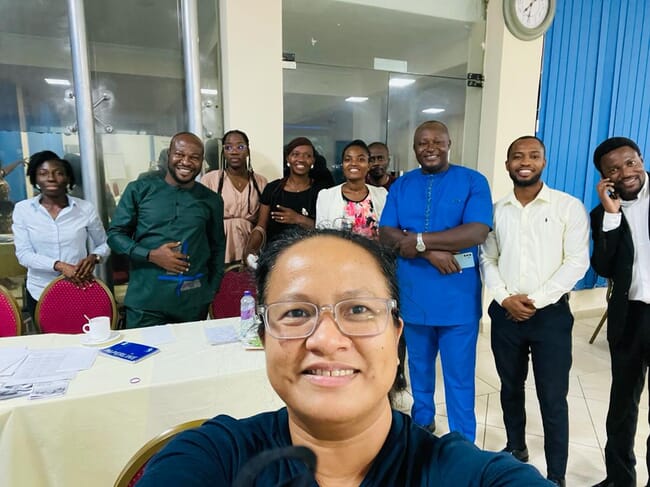
So declared the leader of the ‘Accelerating Aquaculture Development in Ghana Through Sustainable Nile Tilapia Seed Production’ project, the results of which were presented to stakeholder agencies in Accra at a workshop on 19 September.
The main aim of the project, which started in February 2019, was to ensure that the small-scale farms scattered across Ghana would have access to quality fry, thereby improving their harvests and the profitability of their farms. The institutions which collaborated to implement the project were the International Food Policy Research Institute (IFPRI), the Water Research Institute of the Council for Scientific and Industrial Research, the KIT Royal Tropical Institute of the Netherlands, WorldFish, Ghana Fisheries Commission, S Hoint Hatchery and Crystal Lake Ltd.
Catherine Regasa, project leader, said that “the main issue we sought to address was the lack of quality tilapia seed material across the numerous fish farms scattered all over Ghana. The farms on the Volta Lake that were producing over 90 percent of annual aquaculture production had access to relatively good quality material, but that could not be said of the numerous pond farmers. So we set out to train hatchery owners, and to provide them with good quality stock. We also trained the farmers who were recipients of the new material, to ensure that they had the appropriate skills for making the project viable.
“This has been a massive undertaking. We interacted with over 700 farmers that spilled across seven regions, and I have no doubt that the impact of the project will be far reaching. You will soon see production of pond farmers approaching, if not exceeding, the levels of production on the Volta Lake. Of course, that means a major contribution to national protein consumption and food security, and job creation. I am really excited about the expected impact on the profitability of small scale farming, and the livelihood of people involved in small scale fish farming. There is solid evidence of good work done” she said.
Dr Seth Koranteng Agyakwah, tilapia seed project national coordinator, said that a key achievement is giving the farmer access to good quality seed.
“Previously, farmers had great difficulty obtaining seed material, and when they did, there were problems, for example because fingerlings had been transported over long distances, often without the required water, temperature and other conditions, which often led to mortalities or poor starting stock. And to provide further guarantees of quality, we came up with the idea of the nursery model. The models were carefully selected among the grow-out farmers and given further training, to act as effective transfer points from the hatcheries to the grow-out farmers, virtually guaranteeing them good quality harvest, reduced culture period and therefore increased frequency of harvests per year”.
Mary Nkansah, acting head of fish health at the Fisheries Commission, said that the project has given a major boost to the National Aquaculture Farm Certification Protocol. The Commission had been working on the protocol for a while, but according to Nkansah, ‘the technical inputs, the field work that pilot-tested the protocol, the revisions and the nationwide validation workshops were very helpful to the Commission and the aquaculture sector”.



